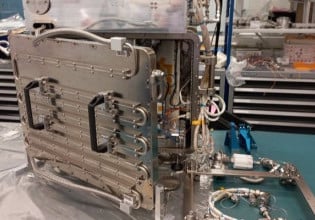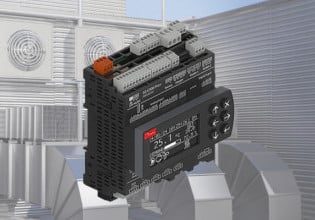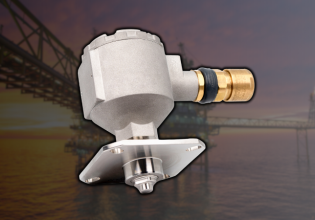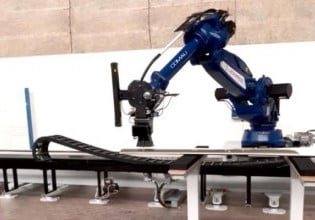A
Detailed information on the working principle of a vector controlled drive, its response time, controlling techniques and accuracy are needed.
please reply me
please reply me
| Thread starter | Similar threads | Forum | Replies | Date |
|---|---|---|---|---|
| M | Seeking Guidance for Calculating Switching Times in Space Vector PWM | Motion Control | 0 | |
| V | Query on Vector Control of Induction Motors | Electrical Engineering | 0 | |
| Q | Need Help with Space Vector PWM | Motion Control | 7 | |
| J | Inverters and Vector Control | Process Control | 0 | |
| M | Motion Control vs. Vector Control | Motion Control | 2 |

by Bob Odhiambo

by Bob Odhiambo

by Seth Price

